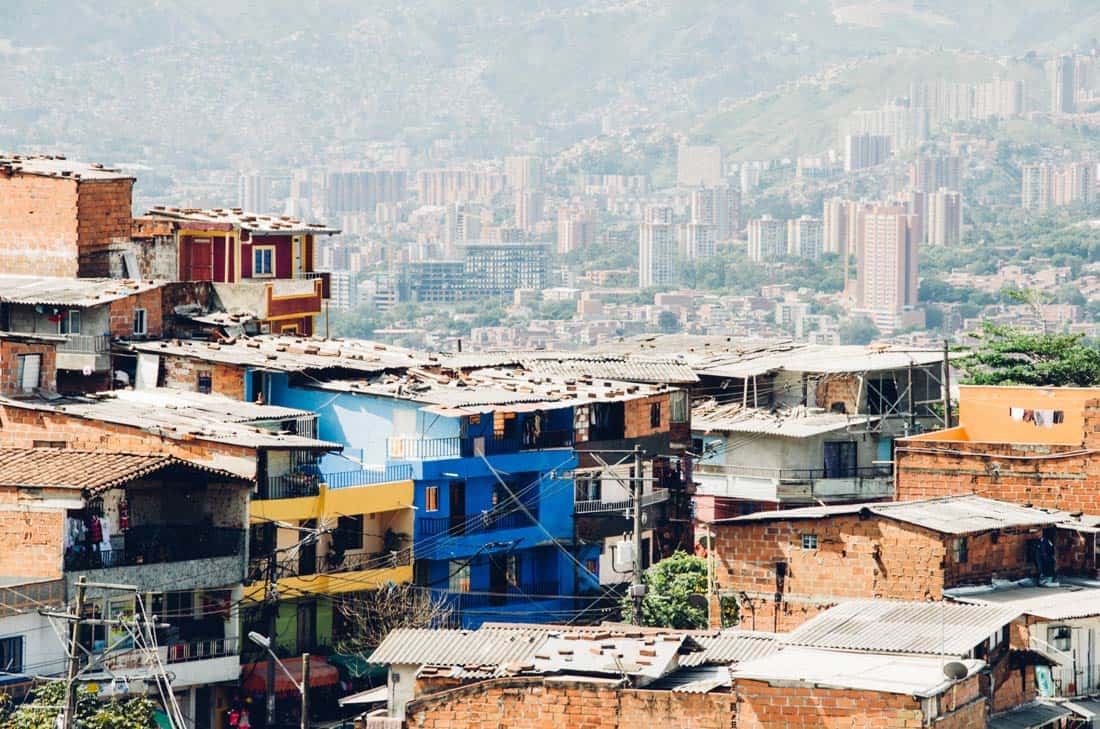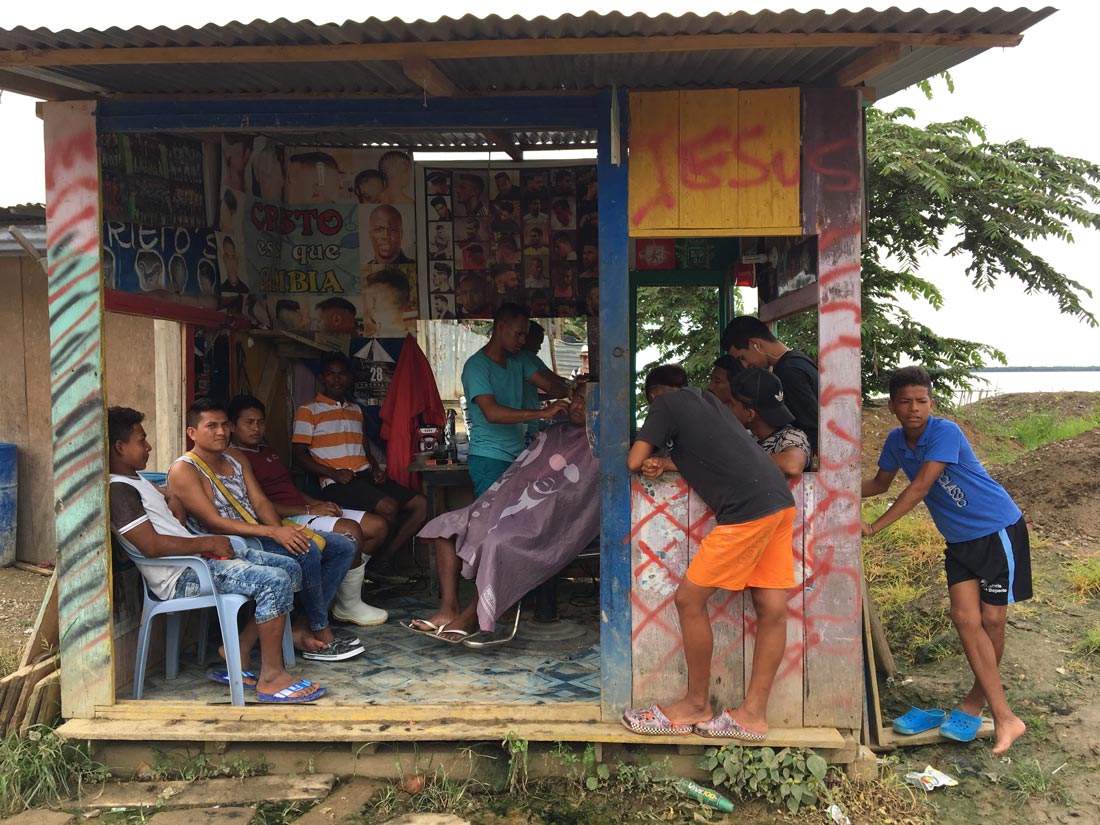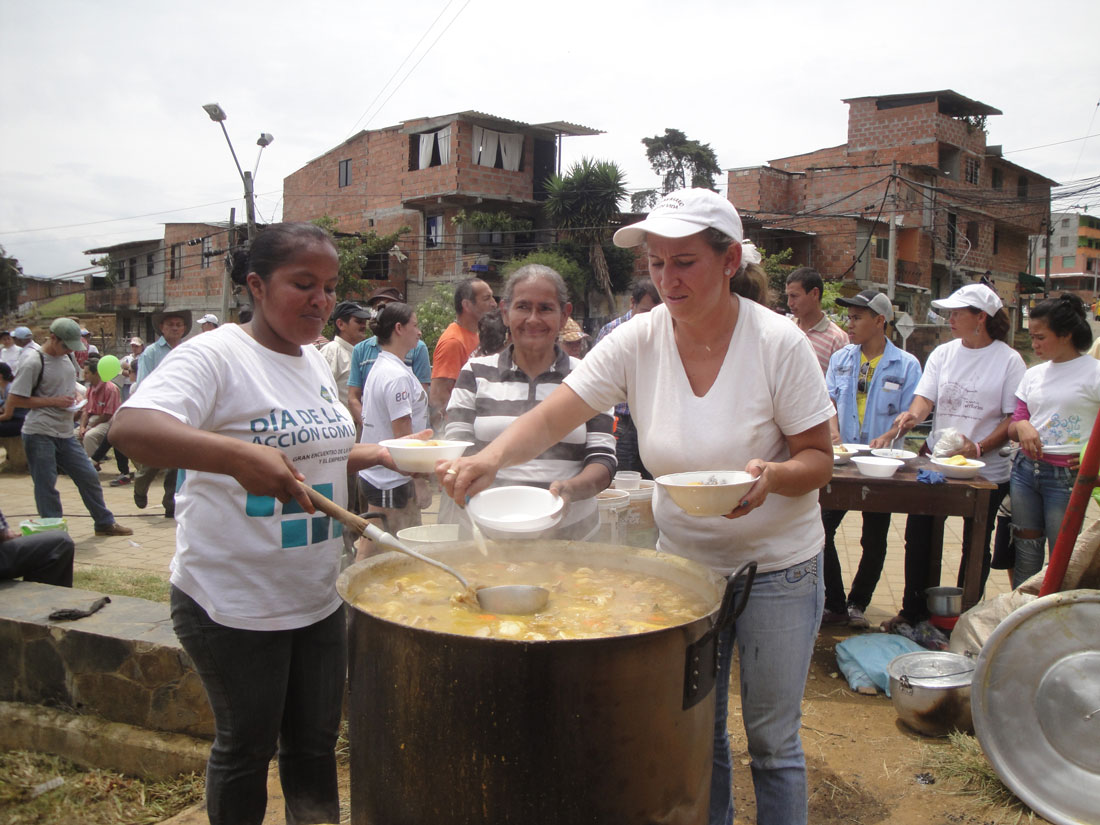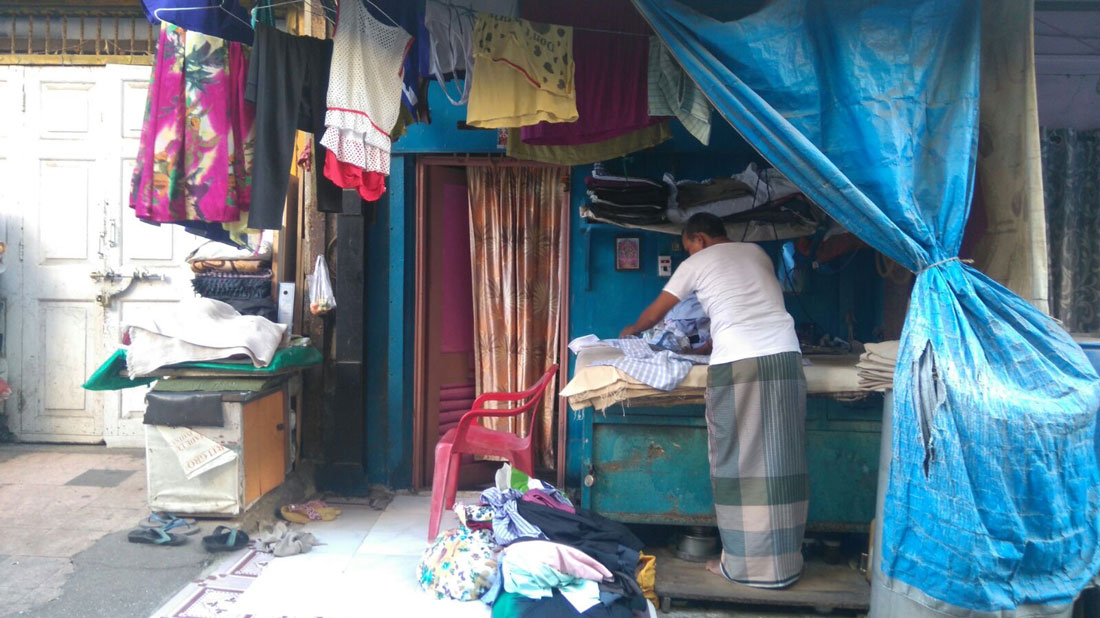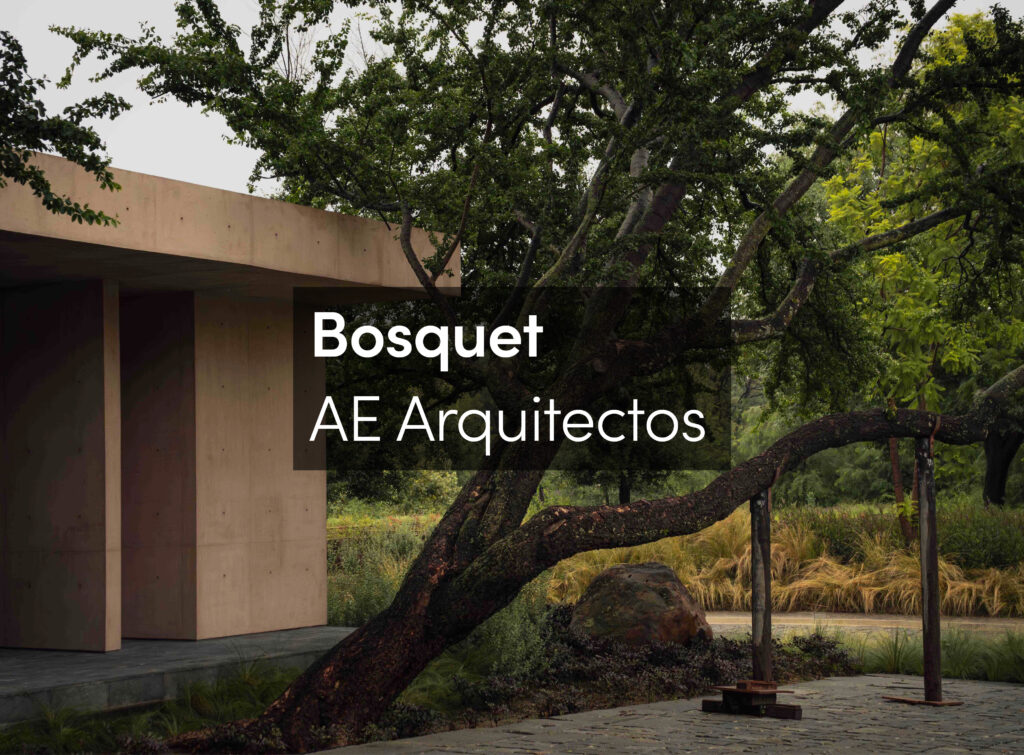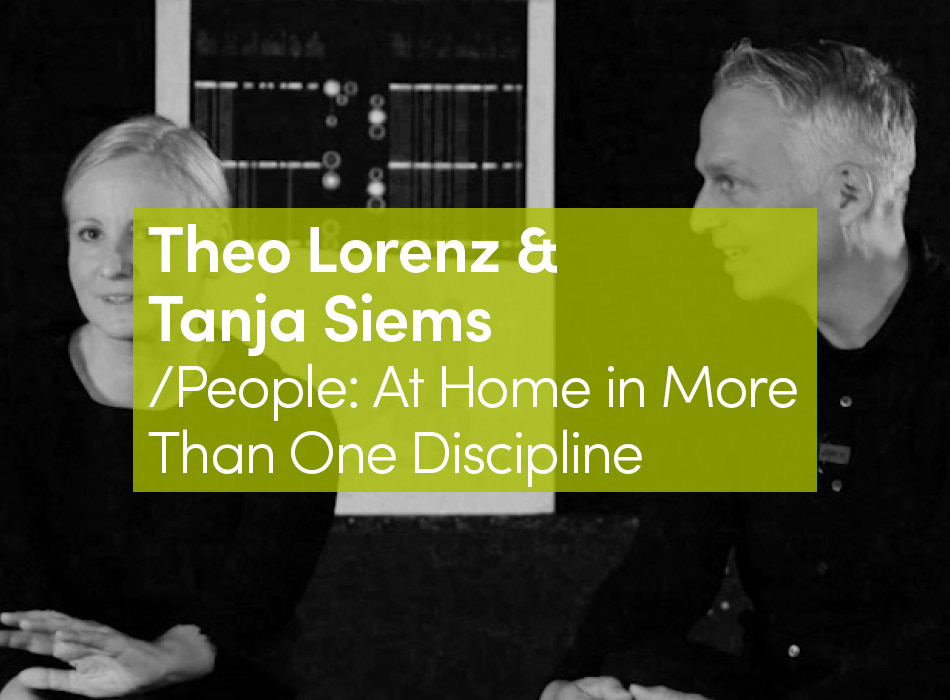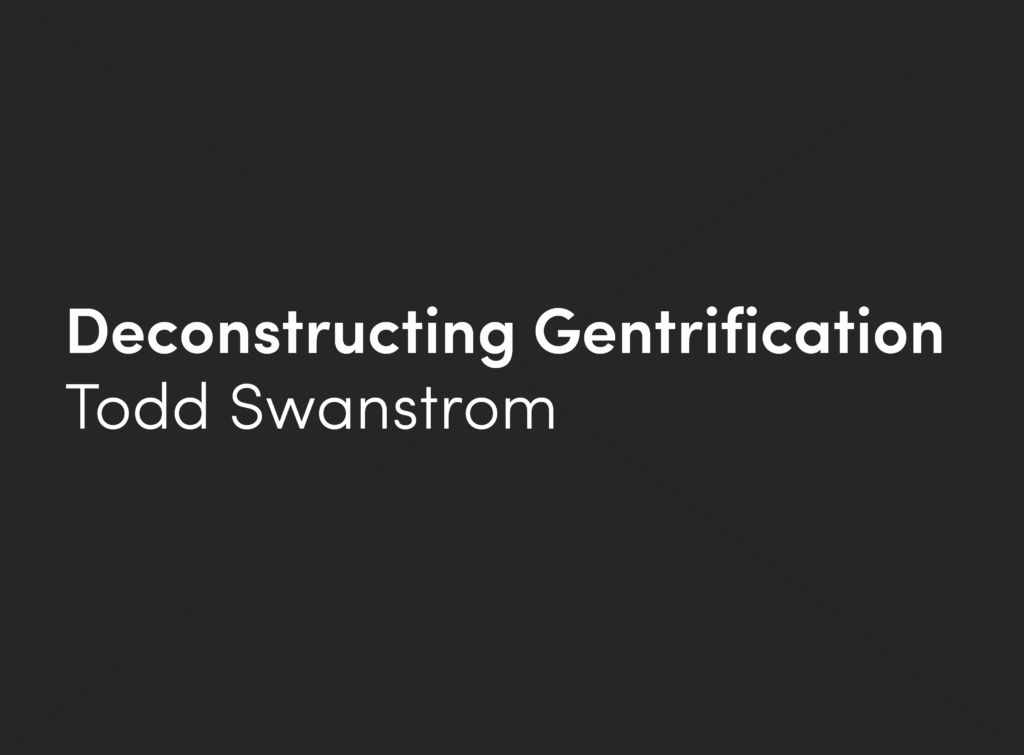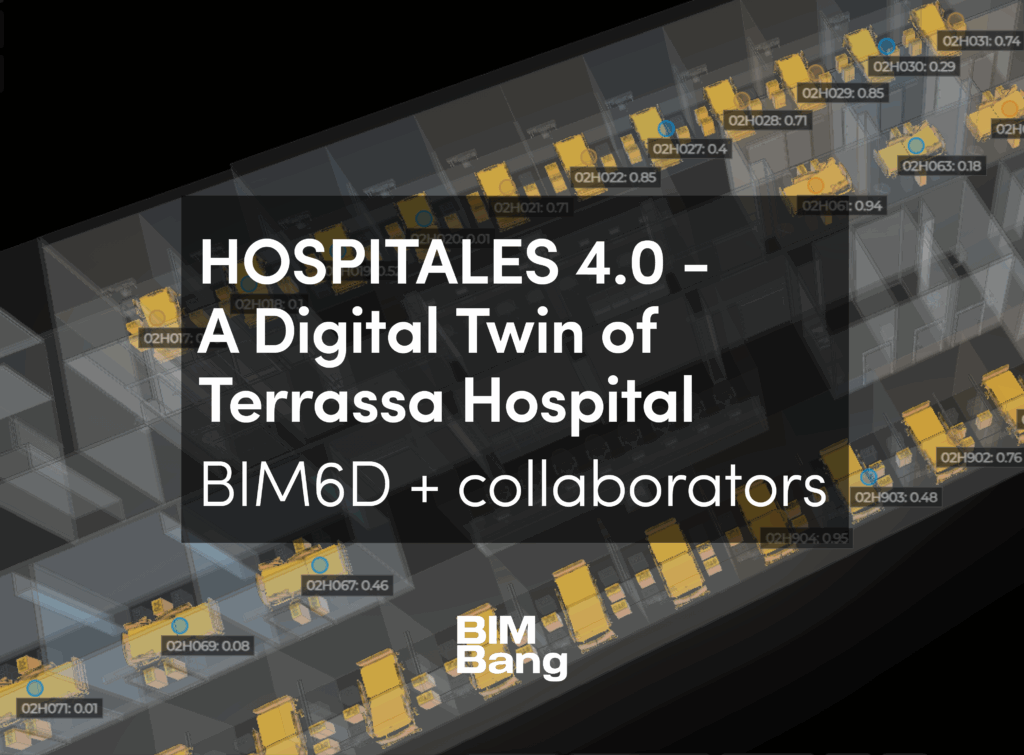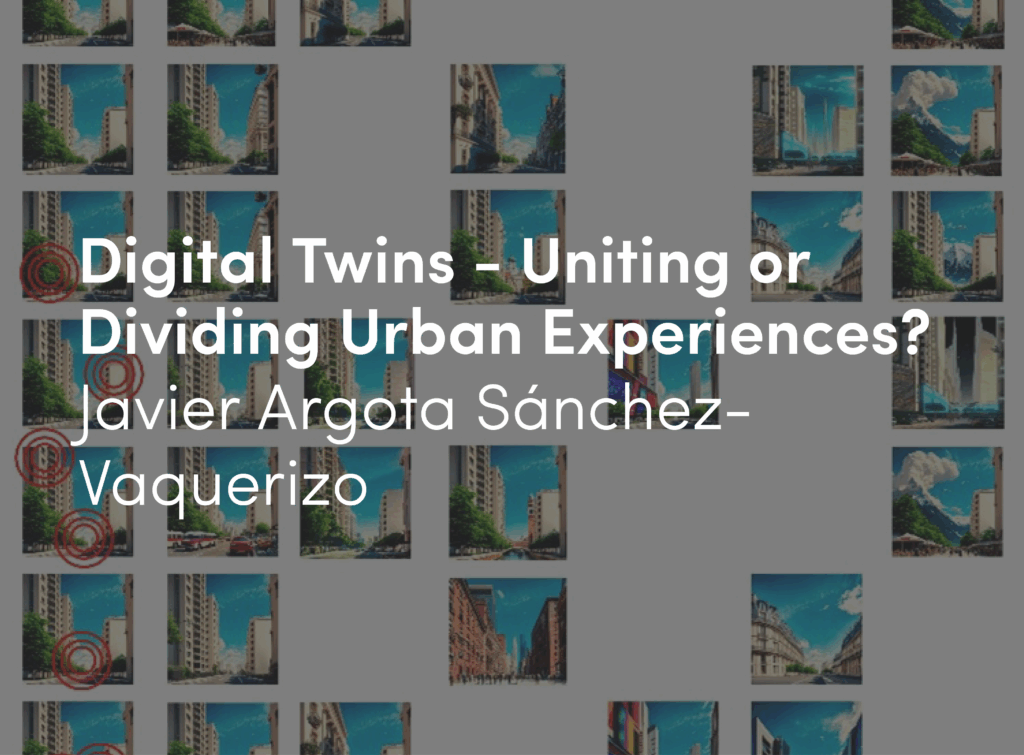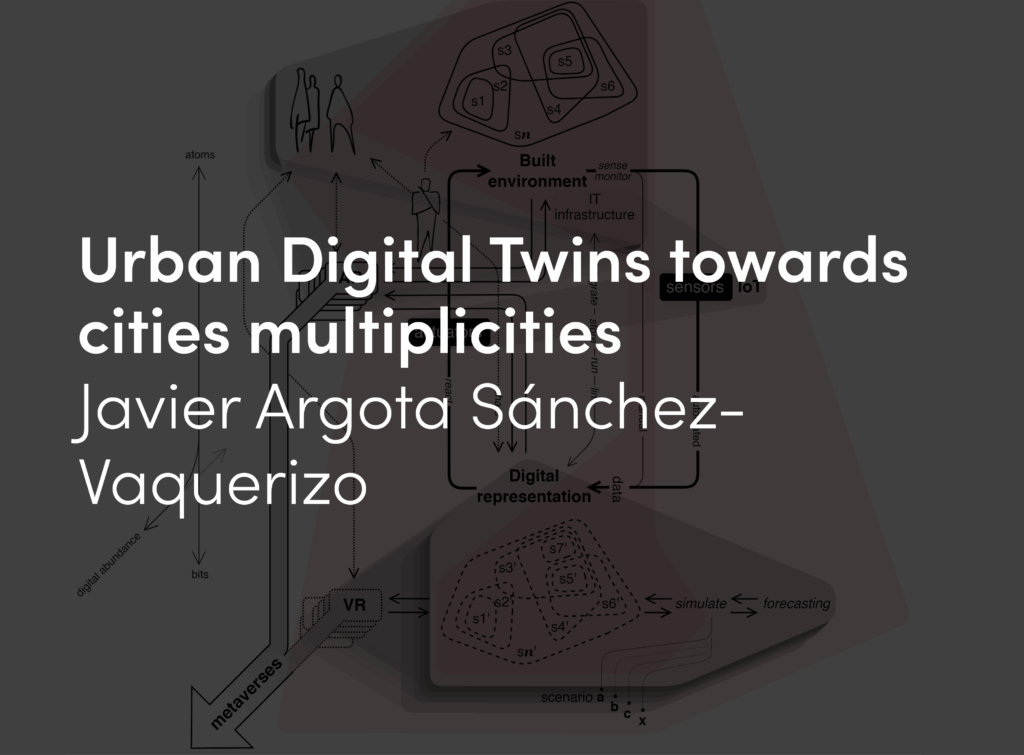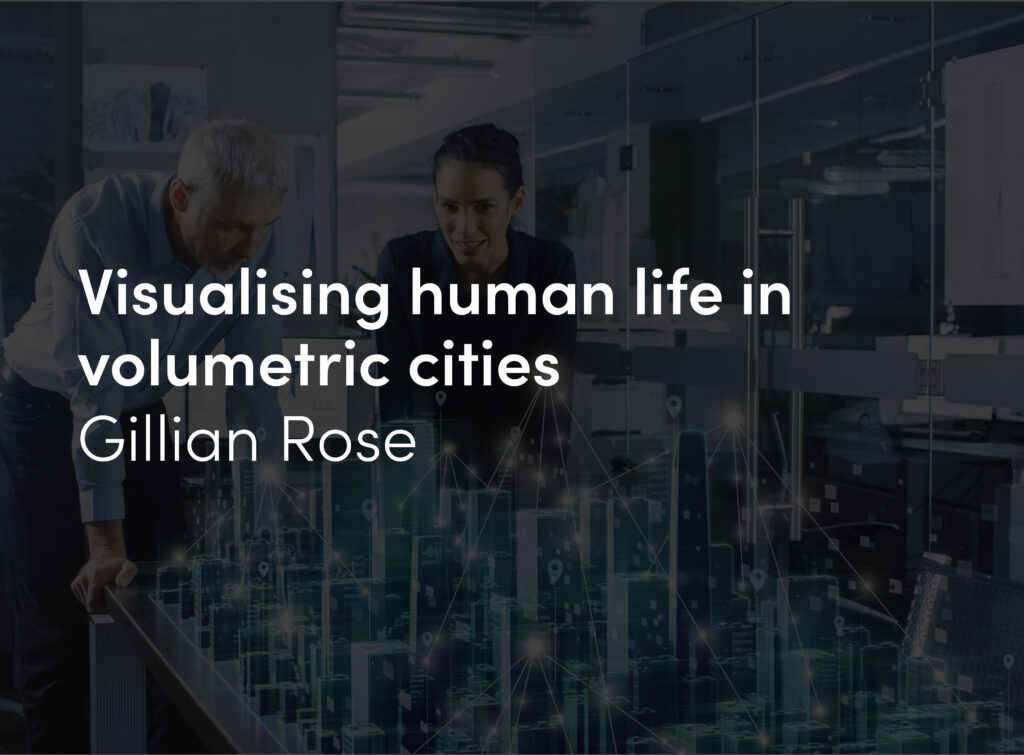Crises caused by natural disasters or situations of conflict are always a challenge to health and habitability. They put a strain on care systems and their capability. In countries where health, housing and welfare services are already limited, these needs will be exacerbated.
Therefore, the first lesson one learns as an architect working in emergency situations is the need for contingency plans, prevention, and parameters for risk reduction.
The second is to avoid standardised solutions that do not take local factors into account.
Thirdly, it is essential to encourage a transition to responses for permanent recovery, with long-term development plans, rather than specific and ephemeral solutions.
Lastly, emergency hospitals and housing should be modular, adaptable and in keeping with the appropriate technology for the community in which they are located. It is crucial for communities to recognise the risk factors in order to limit future disasters and, thereby, strengthen their resilience.
View of Medellin informal settlement, Colombia © Milo Miloezger
To sum up, two types of knowledge must be combined: firstly, a knowledge of local needs, in order to optimise the processes of risk reduction through the involvement of the community and its sustainability; and secondly, a knowledge of the organisations, people etc. involved in the emergency response.
Unfortunately, the studies and practice of emergency architecture are often criticised for failing to take these needs into account: they are too often influenced by ideas and solutions developed in “rich” countries, and often forget that architecture must promote the individual character of places.
From this perspective, our tools for creating resilience and adaptation to crises must include the causes, history, and culture we are dealing with. We must be clear that knowledge-sharing promotes learning through a process of co-creation of the design and its implementation.
Informal hairdresser in Chamanga, Ecuador © Carmen Mendoza-Arroyo
Community meal in Medellin informal settlement, Colombia © Carmen Mendoza-Arroyo
Are We Exporting Solutions or Problems?
Just as shared and co-produced knowledge is vital for dealing with crisis situations, risk prevention and mitigation must be developed in the same way. Even when events, such as the current COVID-19 pandemic, are global, it is important to insist that effective recovery is linked to locally adapted response parameters. In this regard, in countries and communities which were already vulnerable before the crisis (socially, economically, in terms of governance, etc.), the pandemic may not only have a worse impact, but the solution that is adopted may also be worse.
Social environments and community interactions have been shown to shape our long-term health and well-being, through our day-to-day interactions, as well as during disasters and difficulties. Many seminal articles have been produced on urban health issues, which have highlighted the social determinants of health and how they affect the health of the population.
Despite this, in the case of the COVID-19 pandemic, the containment of the virus has been made the priority, with no consideration as to whether the containment strategy would have the same consequences for different places. For example, the one billion people who live in informal settlements (favelas, slums, etc.) in Africa, Latin America, Asia and the Pacific, who have a different level of community relationships.
View of Dharavi informal settlement in Mumbai, India © Carmen Mendoza-Arroyo
Lockdown in Places that Survive through Mutual Support
Urbanisation is world-wide, but develops unequally, adopting diverse local forms despite a more standardised and globalised architecture.
The contemporary landscape reveals unequal conurbation, where “informal” urban settlements – if “formal” is understood as the planned city – have morphological and social positive characteristics, such as their internal connectivity and social organisation. The high level of social capital in these settlements creates a physical morphology that is tightly integrated with community networks, the domestic economy and employment.
Therefore, in situations of marginalisation and poverty, lockdown, as a measure taken against the coronavirus pandemic, illustrates how a counter-contextual solution can, on the one hand, reduce contagion, but, on the other hand, can turn out to be detrimental in neighbourhoods that emerge without the minimum conditions for habitability and where their populations subsist through social networks of mutual support.
Dharavi informal settlement in Mumbai, India © Carmen Mendoza-Arroyo
The Importance of Self-recovery
It is logical to think that humanitarian organisations should include long-term programmes to create resilient self-recovery processes. And, while this may call for a greater time investment, and possibly more money, it is achievable if governments increase the coordination of all the local stakeholders in investing in their own people.
Lastly, those of us who work in architecture and urban planning must accept that our field is merging with other areas of knowledge, such as climate change adaptation, the increase in relocation and migration, as well as urban health. It also requires us to understand that local communities need our specialist support in devising their own recovery, without creating relationships of domination or imposing solutions.





